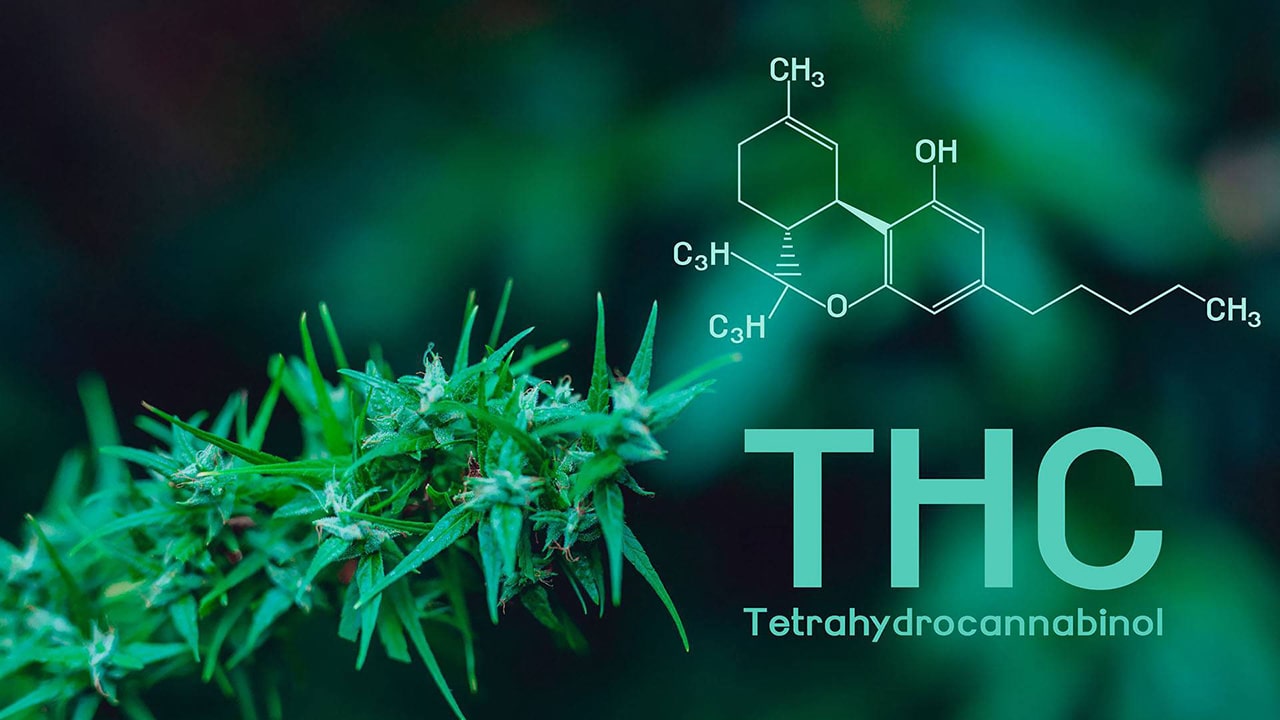
All about THC
What is THC?
Tetrahydrocannabinol, better known as THC, is the main psychoactive cannabinoid found in the Cannabis sativa plant. It is what causes the characteristic state of euphoria and altered perception that users associate with marijuana. Due to its fat-soluble nature, THC easily penetrates cell membranes and binds to receptors in the brain.
Despite the controversy surrounding its use, THC has proven medical value. It is used to relieve chronic pain, control nausea and vomiting in patients undergoing chemotherapy. It can also improve appetite in people with HIV/AIDS, alleviate symptoms of multiple sclerosis and glaucoma. Some studies have also noted THC's effectiveness in treating PTSD and other mental health conditions.
Where and how THC is used
Today, THC can be found in a variety of forms, from smoking mixtures and oils to capsules, sprays, and even food products. For medicinal purposes, it is usually used in standardized dosages, in the form of sprays, tablets or tinctures. For recreational purposes, dried inflorescences, concentrates, and THC-infused products - such as candy or baked goods - are popular.
The concentration of THC in cannabis varies depending on the variety and growing conditions. Industrial hemp grown for fiber or seed production contains less than 0.3% THC. Meanwhile, some varieties of medical or recreational marijuana can contain 15 to 30% or higher.
Where THC is found in the plant
The largest amount of THC is concentrated in the female inflorescences of cannabis, specifically the glandular trichomes. These are microscopic formations on the surface of the plant that secrete a resin in which the main cannabinoids, including THC, are concentrated.
The methods of THC consumption are varied. Smoking the inflorescences remains the most common method. Vaporizers, devices that vaporize the active ingredients without burning, are also actively used. Alternative forms include edible products, tinctures, oils for hyoid ingestion, and topicals such as creams and ointments.
Effects of THC on the body
The effects of THC can be both positive and side effects. In moderate doses, it can induce relaxation, elevated mood, and a sense of fulfillment. However, in high doses or in case of individual intolerance, anxiety, memory impairment, decreased concentration and coordination problems may occur.

How THC affects the human body
The endocannabinoid system (ECS) plays a key role in maintaining the body's internal balance - it regulates important processes such as pain perception, mood, appetite and memory. Tetrahydrocannabinol (THC), the main psychoactive component of cannabis, interacts with two main types of receptors in this system - CB1 and CB2.
- CB1 receptors are located predominantly in the central nervous system - in the brain and spinal cord. It is their activation by THC that causes changes in consciousness: feelings of euphoria, altered perception of reality and short-term memory impairment.
- CB2 receptors, in turn, are located in peripheral tissues, especially in the immune system. Their stimulation is associated with anti-inflammatory effects and the ability to reduce pain.
Legal status of THC worldwide
Legislation regarding THC varies greatly from country to country and even within the same country. In countries such as Canada and Uruguay, high-THC cannabis is legalized for both medical and recreational use. In the United States, regulations vary from state to state: somewhere it is fully legal, somewhere it is only legal for medical purposes, and in some regions it remains prohibited. In most European countries, THC can only be used for medical reasons and under strict supervision.
Safe dosages and individual characteristics
The reaction to THC depends largely on the individual. The level of tolerance, metabolic rate and general health play a significant role. Therefore, in medical practice, doctors recommend starting with minimal doses, gradually selecting an effective and safe intake regimen under the supervision of a specialist.
Research continues
THC remains the object of active scientific research. Scientists continue to study how it affects human health and what place it may occupy in the medicine of the future. Despite the controversy, interest in this substance is growing, and with it the amount of knowledge about its effects on the body and society.


